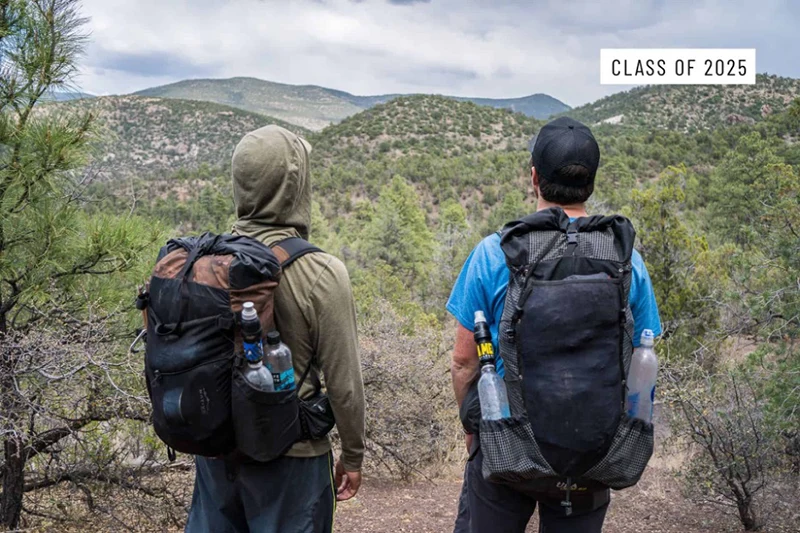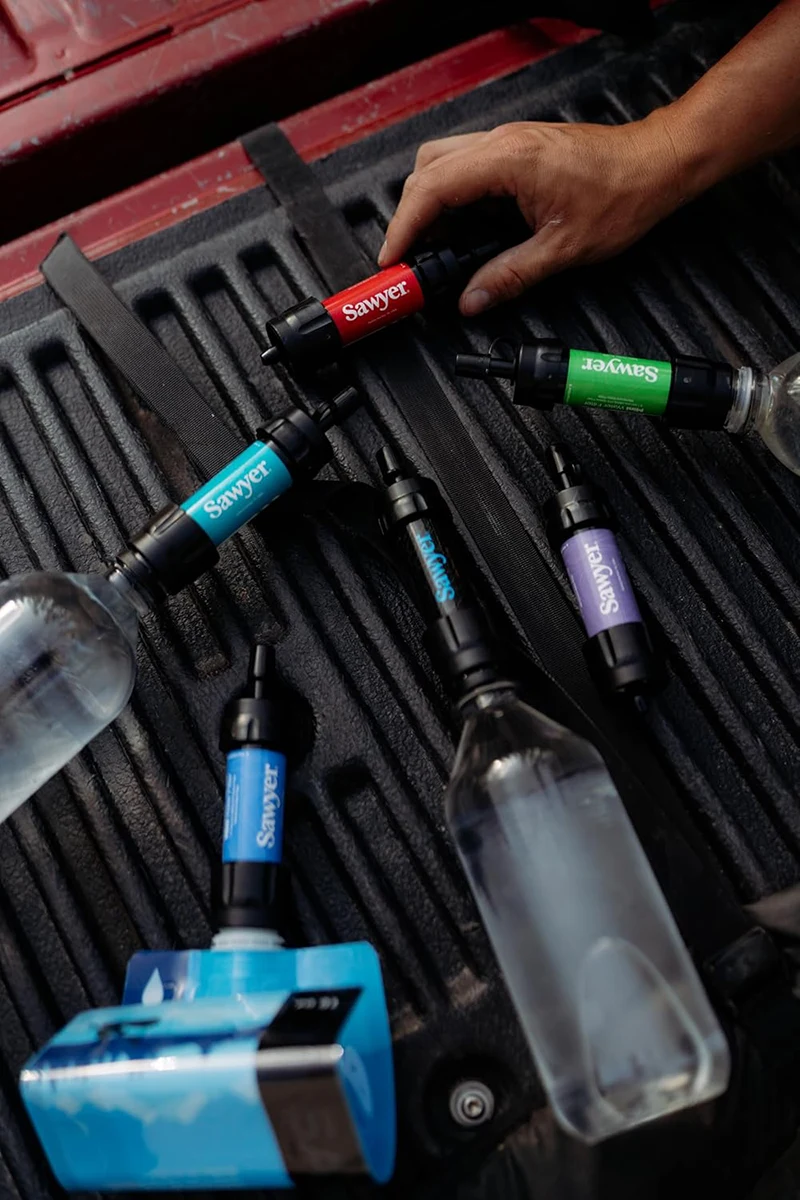Yale Study: Wild Mosquitoes Retained Genes Of Genetically Modified Mosquitoes
Yale Study: Wild Mosquitoes Retained Genes Of Genetically Modified Mosquitoes

Yale Study: Wild Mosquitoes Retained Genes Of Genetically Modified Mosquitoes
YouTube video highlight
Yale Study: Wild Mosquitoes Retained Genes Of Genetically Modified Mosquitoes
Read more about the projectYale Study: Wild Mosquitoes Retained Genes Of Genetically Modified Mosquitoes
In Brazil a genetic engineering test of mosquitoes appears to have failed, with genes from the mutant mosquitoes now mixing with the native population, Nature reported. This comes as mad scientists in the U.S. are finding they are getting bitten back by messing with nature after running their own program to genetically modify mosquitoes.
The experiment involved a company called Oxitec which took male Aedes aegypti mosquitoes and genetically engineered them to have a dominant lethal gene. The idea was first proposed in 2016, according to an article by Science Magazine that discussed the plans to release the GM insects.
According to the hypothesis when the genetically modified mosquitoes mated with wild female mosquitoes, the gene was supposed to drastically cut down the number of offspring they produced. Further, the few that were born should have been too weak to survive a long period of time.
A team of Yale students then studied the genomes of both the GM strain and the wild species before the release, then again six, 12 and 27 to 30 months after the release began.
Around 450,000 modified males were released in Jacobina, Brazil every week for 27 months straight, totaling tens of millions, according to the Yale study.
Sure enough, by the end of the test there was clear evidence that genes from the transgenic insects had been incorporated into the wild population. Although the GM mosquitoes only produce offspring about three to four percent of the time, it seems that those that are born aren’t as weak as expected. Some appear to make it to adulthood and breed themselves.
See the full article by Aaron Kesel here.
Yale Study: Wild Mosquitoes Retained Genes Of Genetically Modified Mosquitoes


Yale Study: Wild Mosquitoes Retained Genes Of Genetically Modified Mosquitoes
In Brazil a genetic engineering test of mosquitoes appears to have failed, with genes from the mutant mosquitoes now mixing with the native population, Nature reported. This comes as mad scientists in the U.S. are finding they are getting bitten back by messing with nature after running their own program to genetically modify mosquitoes.
The experiment involved a company called Oxitec which took male Aedes aegypti mosquitoes and genetically engineered them to have a dominant lethal gene. The idea was first proposed in 2016, according to an article by Science Magazine that discussed the plans to release the GM insects.
According to the hypothesis when the genetically modified mosquitoes mated with wild female mosquitoes, the gene was supposed to drastically cut down the number of offspring they produced. Further, the few that were born should have been too weak to survive a long period of time.
A team of Yale students then studied the genomes of both the GM strain and the wild species before the release, then again six, 12 and 27 to 30 months after the release began.
Around 450,000 modified males were released in Jacobina, Brazil every week for 27 months straight, totaling tens of millions, according to the Yale study.
Sure enough, by the end of the test there was clear evidence that genes from the transgenic insects had been incorporated into the wild population. Although the GM mosquitoes only produce offspring about three to four percent of the time, it seems that those that are born aren’t as weak as expected. Some appear to make it to adulthood and breed themselves.
See the full article by Aaron Kesel here.
Yale Study: Wild Mosquitoes Retained Genes Of Genetically Modified Mosquitoes


Yale Study: Wild Mosquitoes Retained Genes Of Genetically Modified Mosquitoes
In Brazil a genetic engineering test of mosquitoes appears to have failed, with genes from the mutant mosquitoes now mixing with the native population, Nature reported. This comes as mad scientists in the U.S. are finding they are getting bitten back by messing with nature after running their own program to genetically modify mosquitoes.
The experiment involved a company called Oxitec which took male Aedes aegypti mosquitoes and genetically engineered them to have a dominant lethal gene. The idea was first proposed in 2016, according to an article by Science Magazine that discussed the plans to release the GM insects.
According to the hypothesis when the genetically modified mosquitoes mated with wild female mosquitoes, the gene was supposed to drastically cut down the number of offspring they produced. Further, the few that were born should have been too weak to survive a long period of time.
A team of Yale students then studied the genomes of both the GM strain and the wild species before the release, then again six, 12 and 27 to 30 months after the release began.
Around 450,000 modified males were released in Jacobina, Brazil every week for 27 months straight, totaling tens of millions, according to the Yale study.
Sure enough, by the end of the test there was clear evidence that genes from the transgenic insects had been incorporated into the wild population. Although the GM mosquitoes only produce offspring about three to four percent of the time, it seems that those that are born aren’t as weak as expected. Some appear to make it to adulthood and breed themselves.
See the full article by Aaron Kesel here.
























































































































